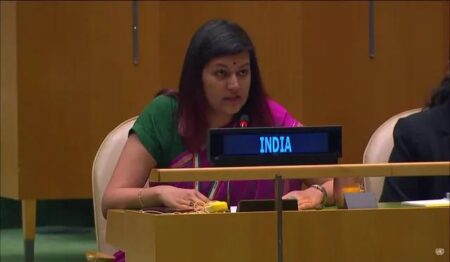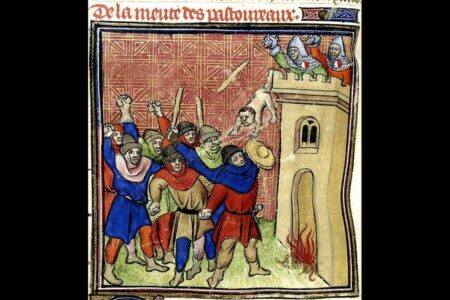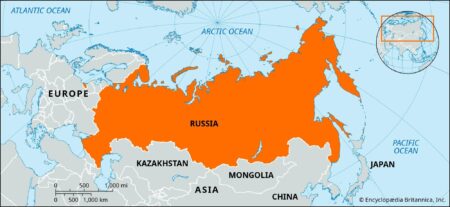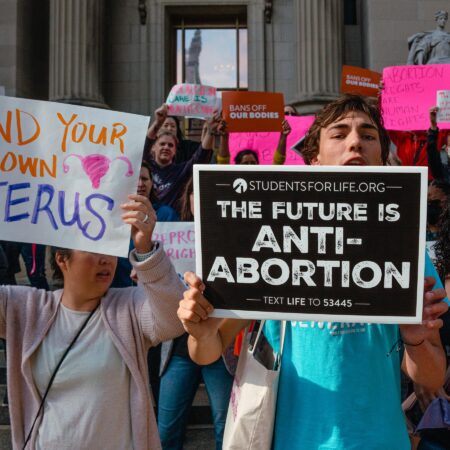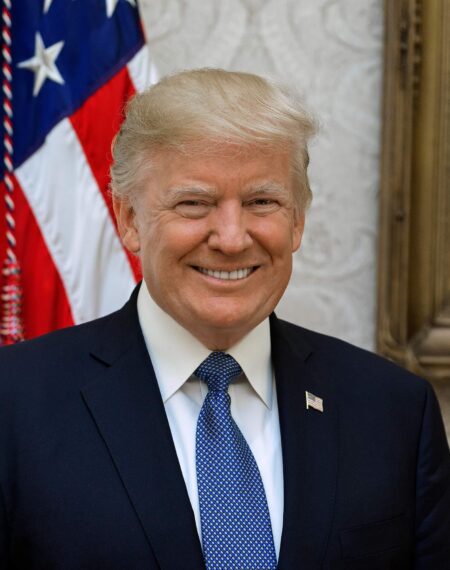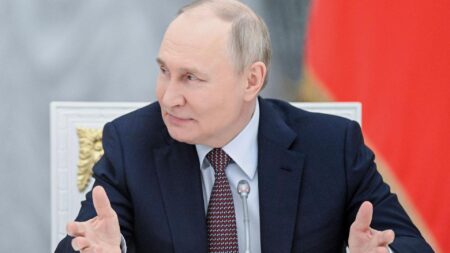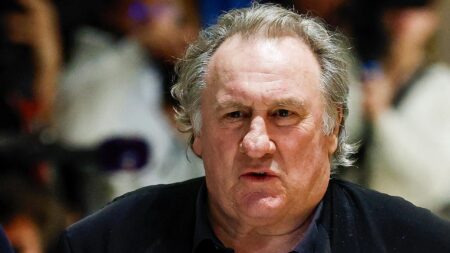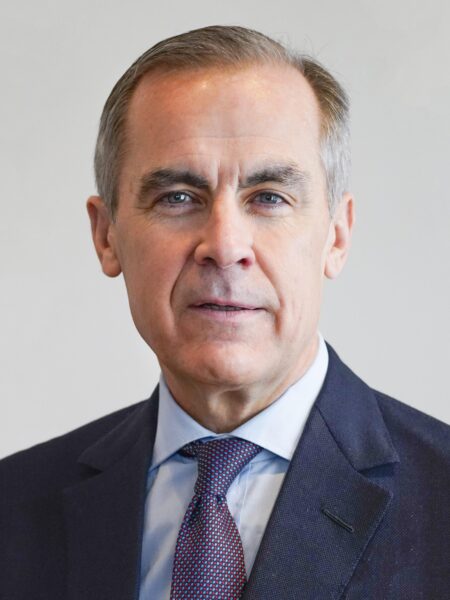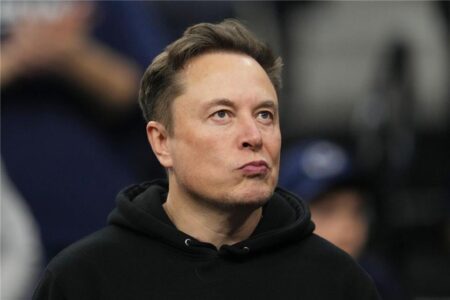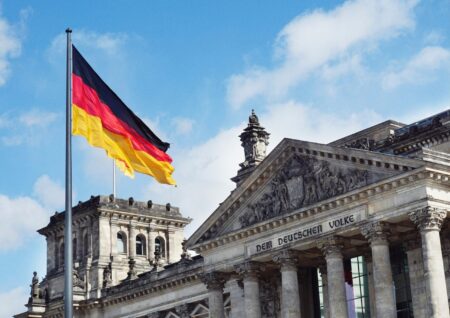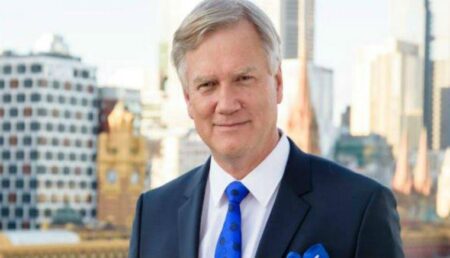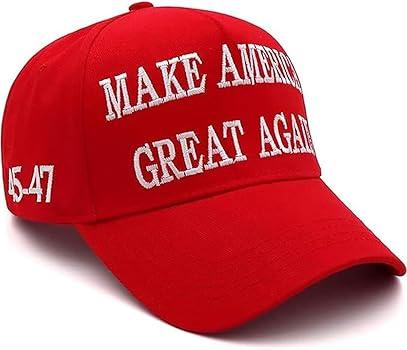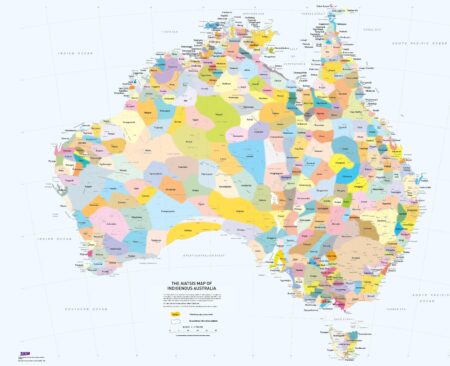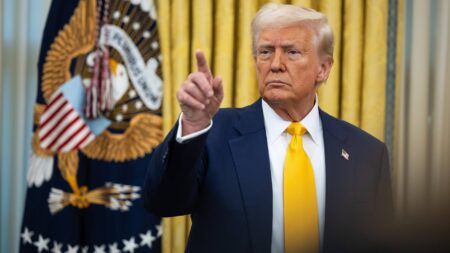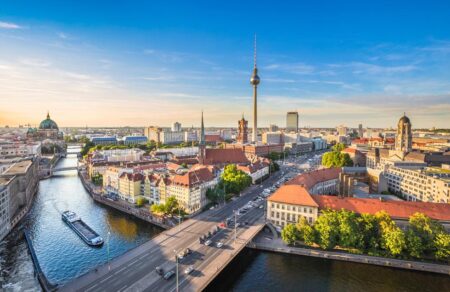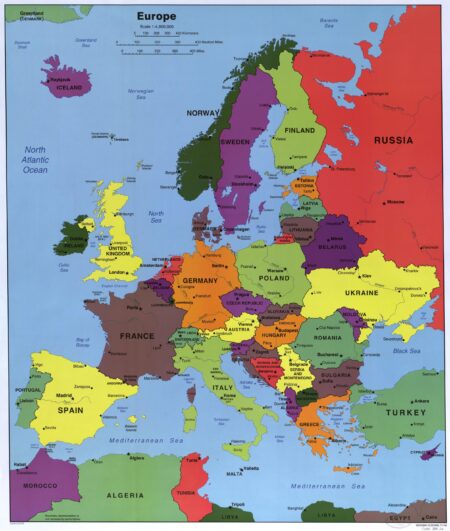Chinese leader Xi Jinping is likely to avoid sensitive topics such as human rights, Hong Kong, and Taiwan in his discussions with the UK’s Keir Starmer. Raising these issues might jeopardize diplomatic relations, Politico.eu reports
Browsing: political discourse
Petal Gahlot, an Indian diplomat, delivered a powerful and unforgettable response to Pakistan’s Prime Minister at the UN, boldly reaffirming India’s stance with remarkable clarity and conviction. Her words resonated widely, drawing attention for their striking strength and resolve
In Spain, the dark echoes of medieval antisemitism are merging with modern anti-Zionist sentiments, raising urgent concerns about a rising wave of hate and discrimination. Experts warn that this volatile mix is fueling new tensions across society, profoundly impacting Jewish communities nationwide
Inside Russia, growing calls for peace amid the Ukraine conflict often come wrapped in Kremlin-approved terms. Critics argue these demands echo official narratives more than genuine dissent, highlighting a complex and tightly controlled dialogue
In Australia, a wave of conservative influencers is passionately championing anti-abortion views, igniting a surge of anger that directly confronts established pro-choice perspectives. This transformation signals a larger movement towards bold political activism within the cultural arena
In a spirited holiday message, former President Donald Trump wished everyone a “Happy Memorial Day!” He took the opportunity to share his thoughts on patriotism while taking jabs at his opponents. In a post that lit up social media, he highlighted the stark differences between his vision for America and that of today‚Äôs leaders
Former President Donald Trump has recently stirred up controversy by claiming that Australia is experiencing a wave of white South Africans escaping a so-called genocide. This assertion has drawn significant backlash for its lack of evidence and its role in spreading misinformation.
Italy and several European Union members are calling for a reassessment of the European Convention on Human Rights. This movement aims to address perceived challenges and enhance the efficiency of the human rights framework across Europe.
Brazilian President Luiz In√°cio Lula da Silva has passionately invited Russian President Vladimir Putin to join the Istanbul peace talks, saying, “Hey, Comrade Putin, just go.” Lula’s heartfelt appeal underscores the persistent global efforts to mediate and resolve the ongoing conflict in Ukraine.
The recent verdict in the G√©rard Depardieu case shines a spotlight on a concerning trend in France’s judicial handling of sexual assault allegations, reminiscent of the past missteps seen in the Gis√®le Pelicot incident. Critics are raising their voices, arguing that this situation underscores a persistent failure to confront deep-rooted issues within the legal system.
In a powerful victory speech, former Bank of England Governor Mark Carney delivered a compelling message to Canadians, declaring, “Trump is trying to break us.” He passionately underscored the importance of standing together and fostering resilience as we confront external challenges that jeopardize our national unity.
Elon Musk recently weighed in on Senator Marco Rubio’s call for a ceasefire between India and Pakistan. With a brief yet impactful one-word reply, Musk not only captured the essence of the ongoing geopolitical tensions but also showcased his keen interest in global affairs
Germany’s Federal Office for the Protection of the Constitution has made a significant move by suspending the “extremist” classification of the Alternative for Germany (AfD) party. This pivotal decision arrives at a time when discussions about the party’s far-right inclinations and its influence on German politics are heating up
In the aftermath of Peter Dutton’s electoral loss, Sky News commentators, notably Andrew Bolt, voiced their frustration, arguing that voters failed to grasp the Coalition’s vision. Bolt’s comments underscore a widening rift between conservative media perspectives and the feelings of the electorate
U.S. Senator Marco Rubio has stirred controversy by branding German policies as ‚Äútyranny in disguise,‚ÄĚ all while throwing his support behind the far-right Alternative for Germany (AfD) party. This bold stance has drawn sharp criticism, with many arguing that his remarks reveal a concerning affinity for extremist ideologies.
In a bold political move, Germany‚Äôs government has officially branded far-right factions as ‚Äėextremists,‚Äô sparking fierce backlash from MAGA supporters. This classification underscores escalating worries about the surge of nationalism and its potential impact on global democracy.
Australia’s recent vote on Indigenous rights has cast a shadow of disappointment among advocates, who describe the outcome as a “silence” that echoes the ongoing marginalization faced by Indigenous communities. This result serves as a stark reminder of the enduring fight for recognition and equality that continues to resonate throughout the nation.
In a remarkable political turnaround, Erin Carney triumphed in her Canadian riding, propelled by a wave of discontent with Donald Trump’s policies. Voters came together, united in their resolve to counteract the divisiveness they felt, sending a powerful message: “Trump is trying to break us.”
Thousands of passionate demonstrators flooded the streets of Germany over the weekend, as populist groups united to challenge government policies. In a powerful display of civic engagement, counter-protests sprang up, highlighting the profound political divide within the nation as citizens boldly express their dissent
In a world fraught with tension surrounding Ukraine, European and American leaders are stepping up to foster dialogue and mend their differences. As diverse strategies come to light, these crucial discussions strive to harmonize their efforts in supporting Ukraine during this turbulent time.


